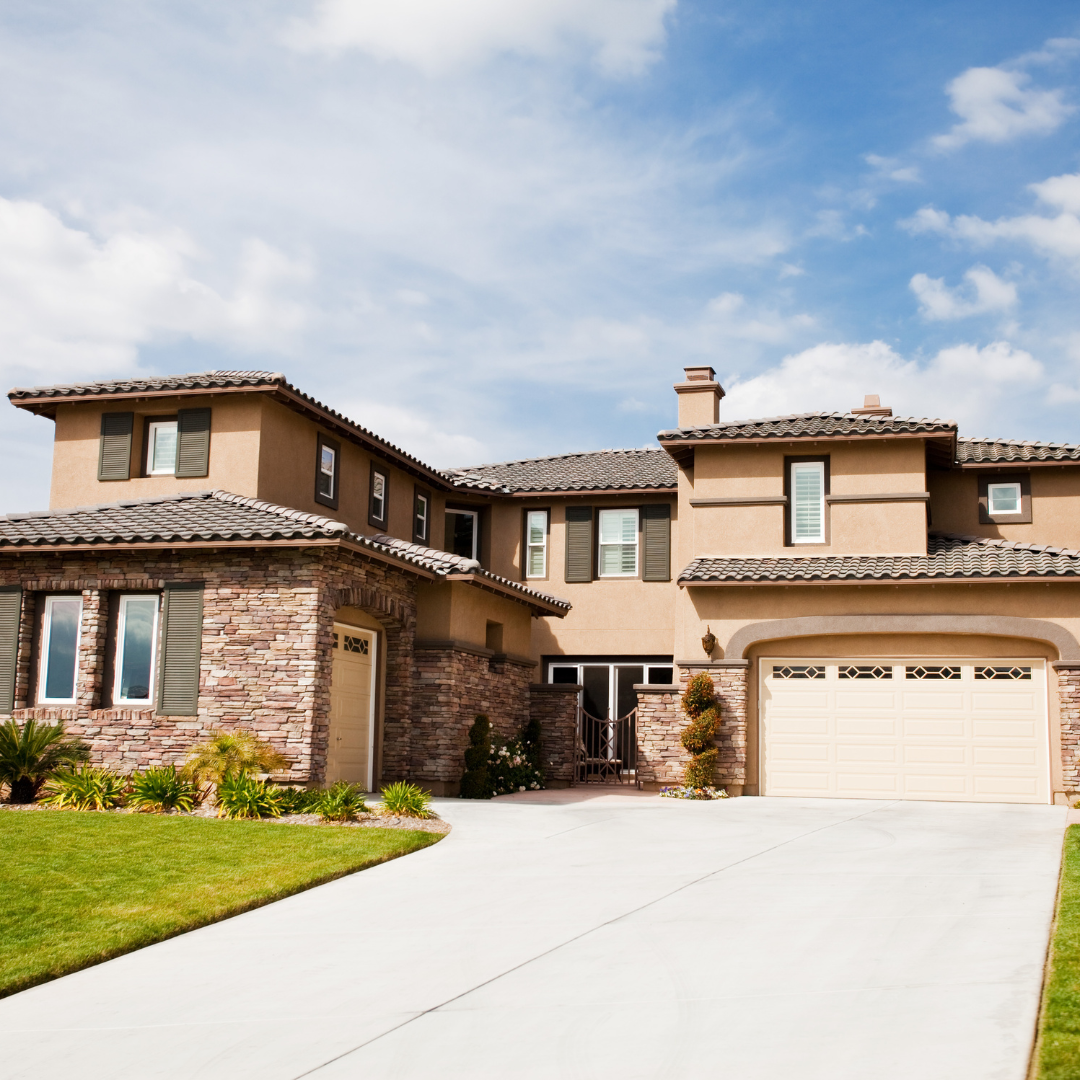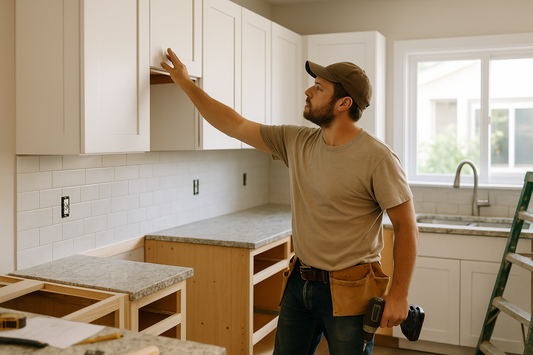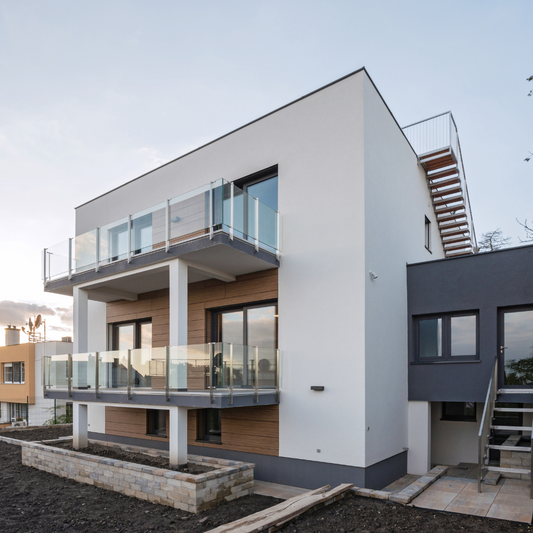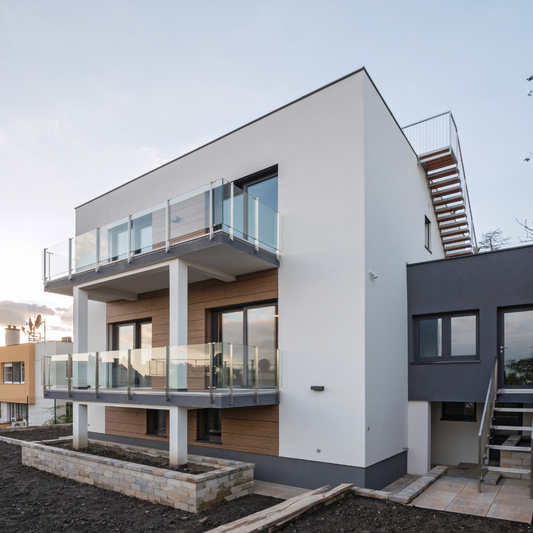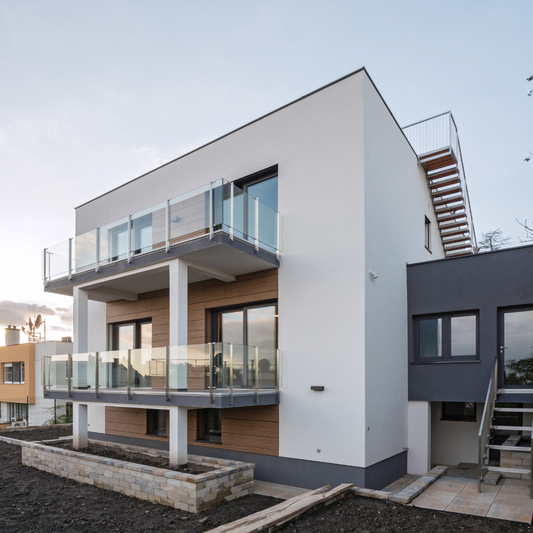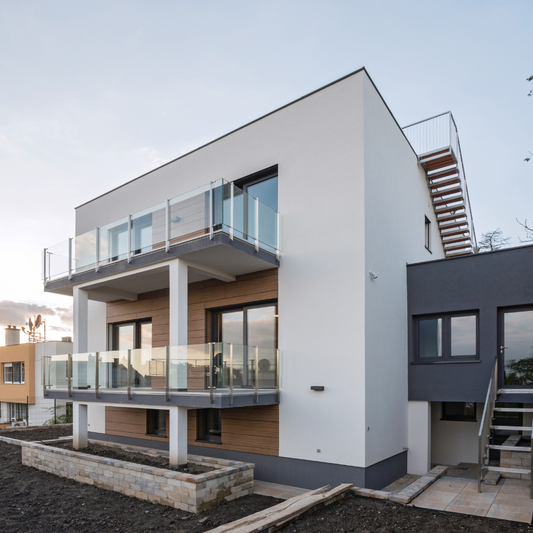Detached and Attached ADU: Complete Guide for Southern California
Understanding the Basics of Accessory Dwelling Units (ADUs)
Accessory Dwelling Units (ADUs) have surged in popularity due to their practicality, affordability, and versatility in solving housing challenges. These secondary housing units, often referred to as granny flats, backyard cottages, or in-law suites, provide additional living space on the same property as the primary residence. In Southern California, where housing shortages and high rental prices are common, ADUs offer a viable solution.
Definition of Detached and Attached ADUs
ADUs primarily come in two types: detached and attached. A detached ADU is a stand-alone structure separated from the main house, while an attached ADU is physically connected to the primary residence, often sharing at least one wall.
Importance of ADUs in Southern California
Southern California faces persistent housing shortages, and ADUs are hailed as a creative solution. They provide extra living space for family members, generate rental income, and enhance property value—all without requiring additional land purchases.
Key Differences Between Detached and Attached ADUs
When considering adding an ADU to your property, it's crucial to weigh the differences between attached and detached units. Your choice will impact everything from costs to long-term utility.
Structural Variations
- Detached ADUs are separate structures, often giving residents more privacy.
- Attached ADUs share a wall or are built as an extension of the main residence, making them more accessible.
Design and Layout Flexibility
Both detached and attached ADUs can be customized, but detached units often offer more freedom in terms of design since they don't need to match the existing home as closely. Attached ADUs, however, generally need to integrate seamlessly with the existing house structure.
Privacy Differences
Detached ADUs are an excellent choice if privacy is a priority due to their physical separation. Attached ADUs may compromise on privacy but offer convenience for multi-generational households or tenants needing closer connections to the main home.
Permitting and Zoning Requirements in Southern California
Southern California municipalities have regulations that determine where and how ADUs can be constructed. Local zoning laws, permitting processes, and design standards often dictate ADU feasibility.
Understanding Zoning Laws
Each city within Southern California has unique rules for ADUs. Some areas allow for both detached and attached units, while others set specific restrictions on sizes, heights, or placement on a property.
Permit Process
Property owners must secure appropriate permits before construction. This includes submitting detailed ADU building plans, which Capy Construction LLC can help bring to life after the client’s designs have been finalized.
Benefits of Building an ADU
Both detached and attached ADUs provide numerous advantages to homeowners in Southern California, ranging from financial gains to practical benefits.
Increased Property Value
Adding an ADU enhances your home's overall value. Detached ADUs, in particular, create a separate housing option that appeals to potential buyers or renters.
Rental Income Potential
ADUs offer a fantastic opportunity for homeowners to earn rental income. Detached ADUs tend to fetch higher rents due to increased privacy and autonomy for tenants.
Alternative Living Spaces
ADUs are perfect for accommodating aging family members, adult children, or even creating a home office space.
Cost of Building a Detached or Attached ADU
The cost of ADU construction depends on several factors, including the type of ADU, materials used, and labor costs.
Detached ADU Costs
Detached ADUs typically cost more to build due to their independent utility connections, structural foundation, and greater square footage allowance.
Attached ADU Costs
Attached ADUs are generally more cost-effective, leveraging the existing home's infrastructure and walls. However, they may still require significant remodeling and retrofitting.
How to Choose the Right ADU
Your choice between a detached and attached ADU should consider your unique needs, budget, and future goals.
Factors to Consider
- Property size and layout
- Intended use of the ADU
- Privacy preferences
- Budget constraints
Planning with Experts
Consult professionals like Capy Construction LLC to guide you through the construction process and ensure a seamless experience. We specialize in handling the entire build process once your ADU design plans are complete.
Frequently Asked Questions
What is the difference between a detached and an attached ADU?
Detached ADUs are separate structures, while attached ADUs share at least one wall with the main home, making them physically connected.
Are ADUs a good investment in Southern California?
Yes. ADUs increase property value, provide rental income opportunities, and solve housing challenges, especially in high-demand areas like Southern California.
How long does it take to build an ADU?
The timeline varies based on the project’s complexity. At Capy Construction LLC, we strive to streamline the building process for our clients after their plans are ready.
Do I need permission to build an ADU?
Yes. ADUs require permits and must comply with local zoning laws and regulations.
Which type of ADU is more affordable to build?
Attached ADUs are generally more cost-effective because they utilize the main home's existing infrastructure, unlike detached units, which require independent structures and utilities.
How can Capy Construction LLC help with my ADU project?
We are experts in the entire building process of ADUs. Once you have your plans ready, Capy Construction LLC will step in and execute the construction from start to finish. Contact us at www.capyconstruction.com or call us at (714) 695-2553.
Why Choose Capy Construction LLC for Your ADU?
At Capy Construction LLC, we specialize in building ADUs, offering decades of expertise to ensure high-quality construction. Based in Southern California, we take pride in working closely with homeowners to deliver exceptional results tailored to their needs.
Contact Us Today!
Ready to turn your ADU plans into reality? Let Capy Construction LLC handle your project with professionalism and precision. Call us at (714) 695-2553 or visit our website at www.capyconstruction.com to learn more about our services. Let's build something amazing together!
```
